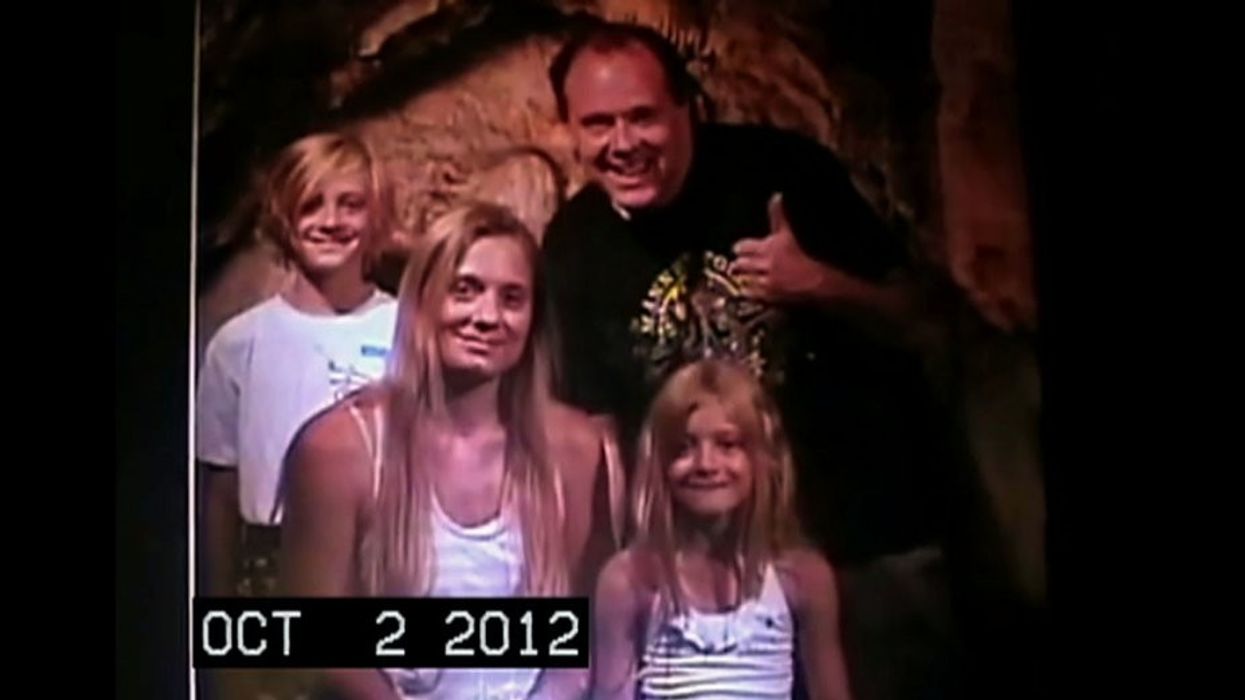Watch: How a Filmmaker Edited a Family's Home Movies to Craft a Fictional Narrative
A mockumentary culled from found footage? A doc-com? A hybrid? Dean Fleischer-Camp's 'Fraud' often defies description.

If a film's visuals provide ideas, the edit in which they're strung together provides the meaning. Perhaps no greater example of this exists than in Dean Fleischer-Camp's Fraud, a found-footage documentary that's very description should come bookended by quotation marks.
Surveying over 100 hours of footage derived from a nuclear family's personal Youtube channel, Fleischer-Camp and his editor pick-and-chose isolated moments from the family's home movies, creating a devious, dark narrative that implicated the parents as criminals desiring insurance money. Of course, none of this was true; Fleischer-Camp structured the footage in such a way that only made it appear as such.
As the film debuts on digital platforms today, we're excited to host an exclusive, behind-the-scenes look at how the cinematic magic trick of illusion was pulled off.
Speaking with No Film School when the film initially premiered, Fleischer-Camp noted that sound editing was just as crucial to establishing a fictional narrative from these very real people's lives. Given the fictional context, any line of dialogue pulled from a seemingly innocent event could be perceived as incriminating.
"Initially, I thought I would make a short film or an art installation with it," Fleischer-Camp told NFS, "however, when we started pairing [Gary, the father figure in the footage]'s little sound bytes with footage that wasn't his and saw how quickly our brains integrated it into their story, we started to realize we could tell a longer form story with this. One of the first things was when my editor Johnathan [Rippon] stumbled upon some footage of him saying, "All the way down to the bottom! Down down down!" — he's talking about shoveling snow. We paired it with the footage of the car going into the lake and we were amazed at ourselves."











